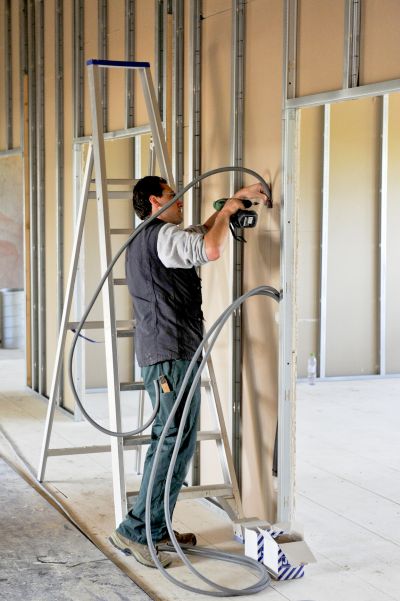The European Commission has today adopted its ‘Renovation Wave’ strategy, which is designed to address the current low building decarbonisation and renovation rates of around 1% across the EU and tackle the underlying barriers for improving the energy efficiency of the EU building stock. Currently, roughly 75% of the building stock is energy inefficient, yet almost 80% of today’s buildings will still be in use in 2050. At the same time, more than 50 million European households suffer from energy poverty.
Commenting on the Renovation Wave Strategy, ETUC Confederal Secretary Ludovic Voet said:
“ETUC supports an ambitious building renovation wave for Europe. Increasing the renovation of buildings will be key to cut GHG emissions, alleviate energy poverty and create local jobs. However, we know that many workers from the construction sector are currently experiencing bad working conditions. The renovation wave should include measures to ensure that new jobs created are quality jobs with decent wages and decent working conditions and that they respect collective agreements.”
“The renovation wave should also pay specific attention to protect the health and safety of construction workers. It should include mandatory measures for the safe removal of dangerous materials (such as asbestos) as well as a safe disposal of hazardous waste.”
“Quality renovation demands well trained workers as they will play a central role in this process. These workers should therefore benefit from good vocational education and training programmes as well as appropriate health and safety standards. To achieve this, social dialogue, collective bargaining and involvement of trade unions will be key.”
“Minimum energy performance standards for buildings have a key role to play in alleviating energy poverty which is currently affecting more than 50 million households in Europe. An increase of the rate of home renovations of 1% could lift 7 million people from energy poverty.”
Photo credit: European Parliament/Dominique-HOMMEL

